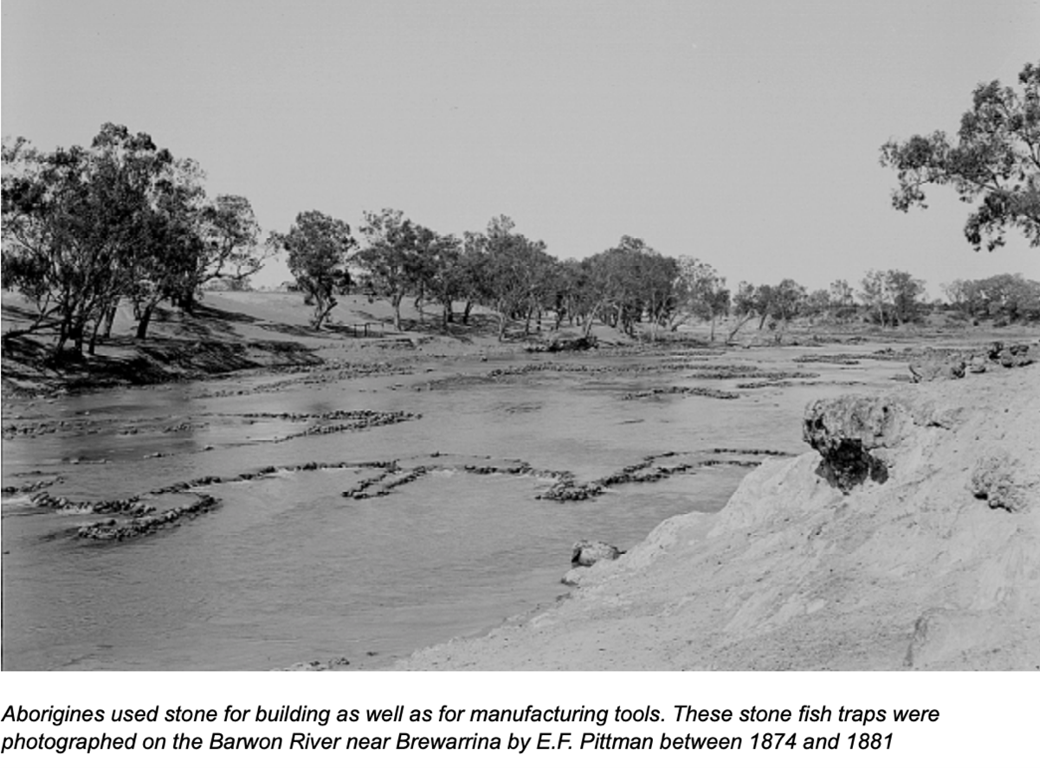
Posted by : Jason Ford May 29, 2022
Contact : jford3757 at gmail.com Maps
This chapter is written by Ngemba Elders and contains First Nations Cultural Knowledge, which has been passed down through generations. This cultural knowledge is supported by notes from early explorers and anthropologists, which are referenced.
This chapter outlines a proposed process for using software engineering to assist First Nations people in their aspirations for strengthening cultural identity. It contends that a major consideration for working with First Nations groups is project management processes that are co-designed with First Nations communities from the outset. If principles and strategies for working alongside First Nations groups from project inception are taught through engineering education, ongoing work with First Nations groups will be culturally appropriate and promote sustainability of both culture and the environment.
Our case study is the proposed Ngemba Digital Knowledge and Data Hub (Data Hub) being developed on Ngemba Country in Brewarrina, New South Wales. The Ngemba people have developed a plan for a community led governance structure, data collection and data management system, potentially applicable for other New South Wales Aboriginal Nation Groups. This project was designed to sit within the strategic plan of Aboriginal Affairs NSW for 2016-2019 (NSW Government, 2015) and furthers its vision by promoting social, economic, and cultural wellbeing and by strengthening effective First Nations community governance.
The Ngemba people are custodians of the fish traps, which were named in the later years as the Ngunnhu and inscribed on Australia’s National Heritage List in 2005. The Data Hub project aims to use software engineering tools to store, manage and disseminate Ngemba knowledge about aspects of their culture, including the Ngunnhu, one of the earliest engineering sites in Australia used in fishing. Following colonisation and its processes of dispossession, attempted cultural genocide and environmental degradation, knowledge of the Ngunnhu, carefully preserved over countless generations through traditional knowledge structures and processes, has been dispersed. The ultimate goal of the project is to revitalise this knowledge and these knowledge structures using contemporary software engineering tools. This will strengthen Ngemba identity about and on Country for present and future generations, and for the preservation and ongoing custodianship of Country. Further outcomes and applications include the creation of a repository for stories and First Nations narrative-based education; use of First Nations management of Country and waters for sustainability; and the collation of Nation-specific data for the targeted delivery of service provision.
For these outcomes to best align with the cultural needs of the people, design processes of the project need to be culturally appropriate. The engineering and technology employed in the project should be there to assist the specific needs of the Ngemba people; project design must be developed from the ground up. It is of the utmost importance that the project be driven by the cultural considerations of the Ngemba people, as expressed by the Elders. In Aboriginal communities it is important for project objectives and implementation to be decided by the Elders, as those who understand the consequences of actions. Co-design and collaborative processes driven by Elders reduce colonial power imbalances and avoid First Nations cultural knowledge being used without authority by Western institutions and processes. This chapter introduces the Ngemba people and their proposed Data Hub; outlines its intended outcomes and potential applications; and demonstrates that principles and processes for co-design with First Nations communities can be taught as part of engineering education through such projects to ensure more culturally appropriate outcomes.
Extract from Chapter 23, Indigenous Engineering for an Enduring Culture, edited by Cat Kutay, Elyssebeth Leigh, Juliana Kaya Prpic and Lyndon Ormond-Parker. Published by Cambridge Scholars Publishing
Authors: Aunty Grace Gordon and Jason Ford
Location: Brewarrina